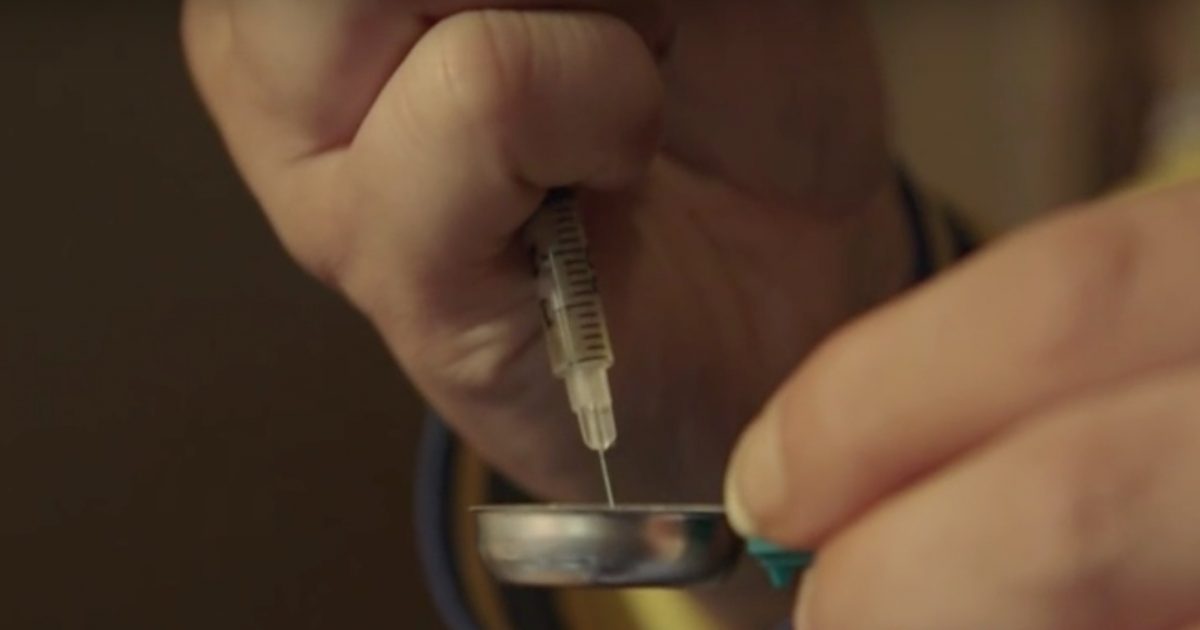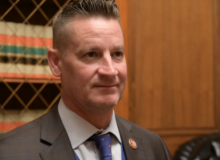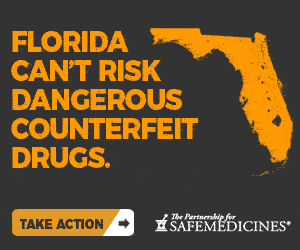According to the U.S. government, drug addiction around the world has been on the rise, and here in the U.S. the addiction to opioids like Morphine, Heroin, and other prescription drugs like Oxycodone and Percecet, have reached epidemic levels.
In 2012 an estimated 26.5 million to 36 million people abused opioids worldwide, 2.1 million Americans suffered from “substance use disorders” attributed to prescription drug addiction, and another 467,000 were addicted to Heroin.What is causing the spike in opioid addiction?
There are several attributing factors the government says is fueling the ongoing drug addiction problem in this country – The drastic increases in the number of prescriptions written and dispensed, greater social acceptability for using medications for different purposes, and aggressive marketing by pharmaceutical companies.
Do you think the 2nd Amendment will be destroyed by the Biden Administration?(2)
While all the federal government is taking their own steps in combatting the addiction problem, states like Florida have gone over and beyond to protect their residents.
Since she was first elected Florida’s Attorney General in 2010, Pam Bondi has made it her mission to shut down the lucrative “pill mill” prescription drug business, and other abuses to citizens that stem from drug addiction problem.
To help her take down Florida’s “pill mill” problem, Bondi enlisted the help of a new state “Drug Czar,” naming former state Senator Dave Aronberg as a Special Prosecutor for Prescription Drug Trafficking.In 2010, Aronberg returned to the Florida Attorney General’s Office as a Special Prosecutor for Prescription Drug Trafficking.
With Florida’s pill mills all but eradicated, the drug addiction problem and the treatment of that addiction has created new abuses.
Prescription drug addicts moved over to the more accessible, affordable, and mainstream Heroin, once the pill mills were shut down.
Because Palm Beach County is considered to be “ground zero” of the drug rehabilitation abuse epidemic in Florida, Aronberg has been tapped to lead a multi-agency task for to crack down on “sober homes,” or recovery homes.
“Sober homes” or “recovery homes” are considered by some as halfway homes, but not to Aronberg, who says the term halfway home “implies incarceration.”A “sober home” is a transitional house where people who leave treatment, drug addicts who complete their treatment, move to these residential group homes as a transition into the real world.
Aronberg sat down with the Shark Tank to talk exclusively about his newly minted task force, and the premise behind its creation.
Aronberg pointed out that a bill filed through Sen. Jeff Clemens to get tougher on the recovery home industry over illegal patient brokering and other abuses in the drug treatment industry failed to pass in the state House of Representatives.
Clemens bill did fail, but after amendments to the bill were made, the state legislature allocated $275,000 for Aronberg’s task force to use at its discretion.
How the illegal practice of patient brokering worksThese people are in a very fragile state in their lives, and to transition back into society they can’t just go out and get a job and buy a home. That is what these sober homes are all about.Dave Aronberg is sworn in as the new Palm Beach County State Attorney on Tuesday afternoon, January 8, 2013 at the Palm Beach County Courthouse in West Palm Beach. (Taylor Jones/The Palm Beach Post)
Unfortunately, there are people who own some of these sober homes who exploit the system, they have exploited the Affordable Care Act and Fair Housing Act
Those two federal laws have had the unintended affect of creating incentives for sober homes to partner with rehab centers and engage in illegal patient brokering, kick-backs, insurance fraud, and ultimately illegal drug use that results in death.
Aronberg added that “sober homes are unregulated, there is only a voluntary certification, there’s no required registration, there’s no regulations.”
You can’t have treatment inside of sober homes, otherwise they (homes) would have to be registered with the state and regulated. So, many sober home owners have relationships with outpatient treatment centers.
Outpatient clinic sends transportation to the sober homes to pick up residents to get tested or receive other treatment. The home then receives a kick back for allowing the center, who in turn bills insurance. Patient are being treated as a commodity due to the increase in the business outpatient clinics are throwing at sober homes.
Aronberg contends that in some cases, “When patients get healthy, they are thrown back into the system again… Clinics and sober homes don’t make money if they don’t have patients.”
Some of these sober homes are exploiting the very same people they are supposed to help. They are treated as a dollar sign, where they get cycled over and over in the system instead of getting healthy.
Sober homes are selling out the people they are trying to help by allowing some clinics to subsidize their expenses by allowing them to pay for rent as long as the home’s tenants allow that clinic to conduct their tests, tests that they in turn bill insurance companies.
People are dying because of this abuse, and communities are being irreparably damaged because of the proliferation of these sober homes, many being run for near (sic) profit motive and nothing else.
To date, Aronberg’s task force has made 7 arrests countywide, including the arrests of the owner and manager of the Whole Life Recovery center in Boynton Beach, Florida.
Unfortunately, because the recovery problem is so widespread, we can expect Aronberg’s task force to report more arrests in the coming months.
It is extremely important to note that while there are quite a few of these problematic recovery homes in operation, there are also many others homes, including most treatment facilities that operate within the law and are solely focuses on the healthcare and recovery of their patients.
Aronberg’s task force is also comprised of a few of these legitimate recovery homes and rehabilitation facilities.


















